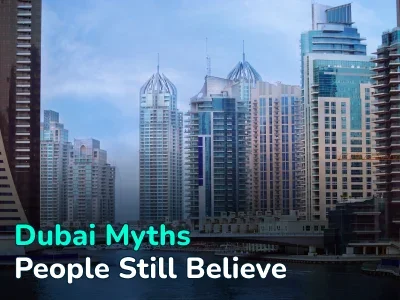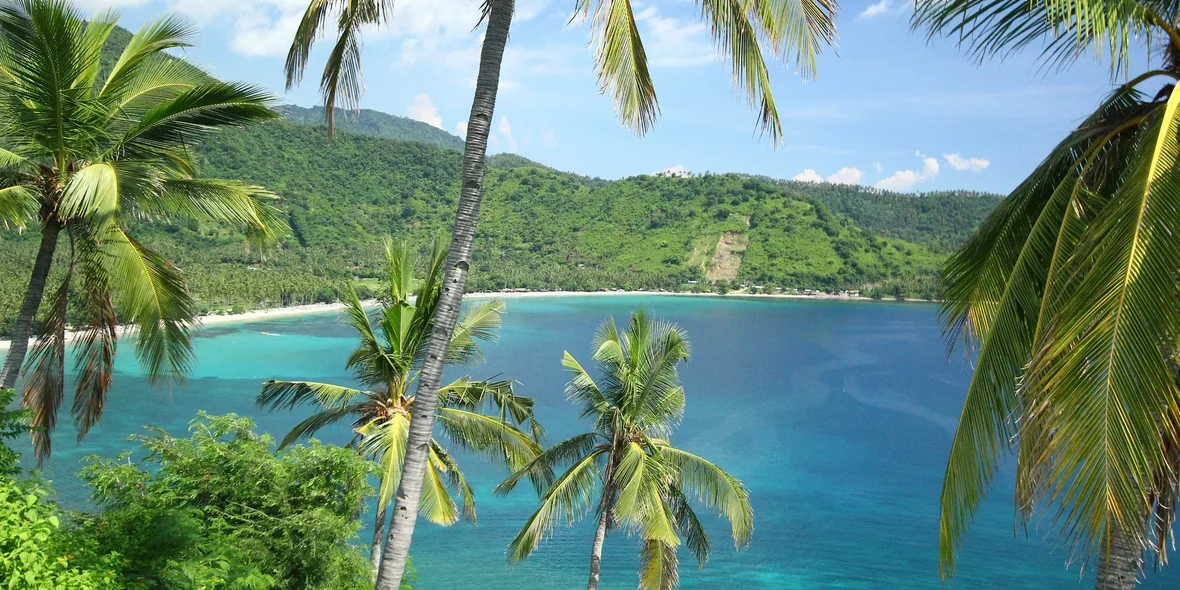
“Lombok is similar to Bali 15 years ago.” What is important for investors in Indonesia's real estate market to know?
Why has the Indonesian government switched from Bali to promoting other destinations? Which island is now coming to the forefront, and why should investors rush there? Which ways of owning real estate are available to foreigners, and which one has emerged most recently? Angelica Mir, founder and CEO of Alesinvest Group, told us all this in detail.
“Bali is now a cool place to live, but no longer for investment.”
 — Until last year, no one knew about Indonesia as such—only the one and only Bali was known, and that's just one island out of more than 17,000 in the country.
— Until last year, no one knew about Indonesia as such—only the one and only Bali was known, and that's just one island out of more than 17,000 in the country.
Bali started to be developed about 20 years ago by a parastatal corporation called ITDC. So it is thanks to it that we know Bali as it is today.
The incredible boom in tourism, and by extension, real estate, in Bali happened after the pandemic ended—then people from Russian-speaking regions, eager to travel, rushed to all the destinations available to them. This trend was, of course, picked up by Indonesians and other companies that were doing construction, etc. on the island.
After such large and sudden sales, Bali has experienced several price hikes, which is why we, as experts, can now only recommend this island as a place to live or vacation. As for resale, the advertisements promising a 40% profit after handing over the property are giving outdated information to customers.
If we talk about passive income in the form of rent, the situation in Bali looks a little better; it is still relevant but not so attractive. That is, the yield is no longer 20%, as advertised, but 10%. All this is due to an increase in prices and a lot of competition. Over the last year, a lot of objects have been built, and in the near future, more will enter the market. In other words, the time for investors in Bali is already gone.
I emphasize that in terms of buying a home for yourself or for vacation, Bali remains an excellent destination. Here is a very developed infrastructure, a rich social life, a lot of entertainment, and an unrealistically beautiful nature. All in all, it is a place where it is really cool to live.
The main negative point about Bali in terms of buying real estate is that about 97% of proposals are offered on a long-term lease. As a result, clients do not pay money for real estate on the property and pay rent for many years in advance. Buying land and real estate in freehold (full ownership) on the island is also possible, but such proposals are very few. In addition, such objects are very expensive.
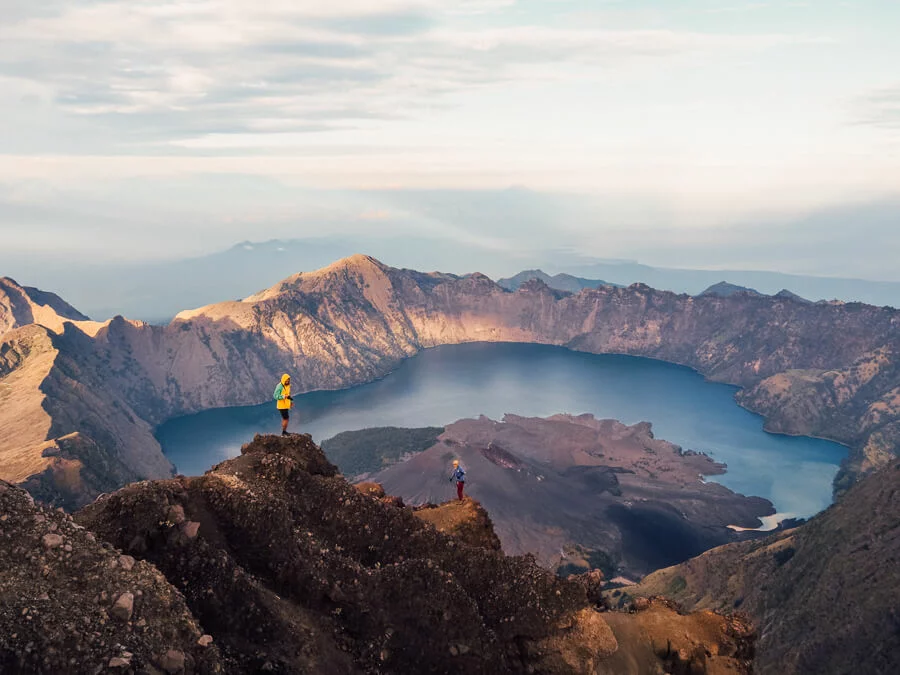
“In a year on Lombok, you can get 100% yield, but this is a rather fleeting trend.”
— Meanwhile, the Indonesian state launched a program to develop other destinations because they saw that Bali was already overloaded. This program included, among others, the island of Lombok.
Lombok, in every sense, resembles Bali as it was 15 years ago. And most importantly, this is reflected in the prices of both land and ready-made real estate. And what is not less important is that there are not just options but a large selection of land and real estate, which can be formalized in full ownership.
Lombok is being promoted by the same ITDC organization that once promoted Bali. They are now building a project on Lombok called Mandalika, which is the counterpart of the Nusa Dua project, which is known as the most elite region in Bali.
In addition to the Mandalika project, this company has already built a race track that attracts all the most iconic events in the motorcycle racing world.
— A separate recent trend is the move of a lot of people from Bali to Lombok. I'm referring to expats of all nationalities (so far, it's mostly English-speaking audiences—Australians, New Zealanders, English, and Europeans).
All this, of course, affects the occupancy rate of the island. That is, now the demand is greater than supply (especially during motorcycle races), but at the same time, land prices are lower 10 or more times than in Bali, which gets buyers in freehold. Thanks to the above, the maximum margin is obtained: with the right choice of land, you can reach 100% profit in a year. But this, according to our estimates, will last for a maximum of six months.
The minus of Lombok, unlike Bali, is the lack of such a developed infrastructure, entertainment, social life, and other things. But this is a disadvantage only for those who are going to live there. For businessmen, on the contrary, it is a plus, as there are still many niches open here.
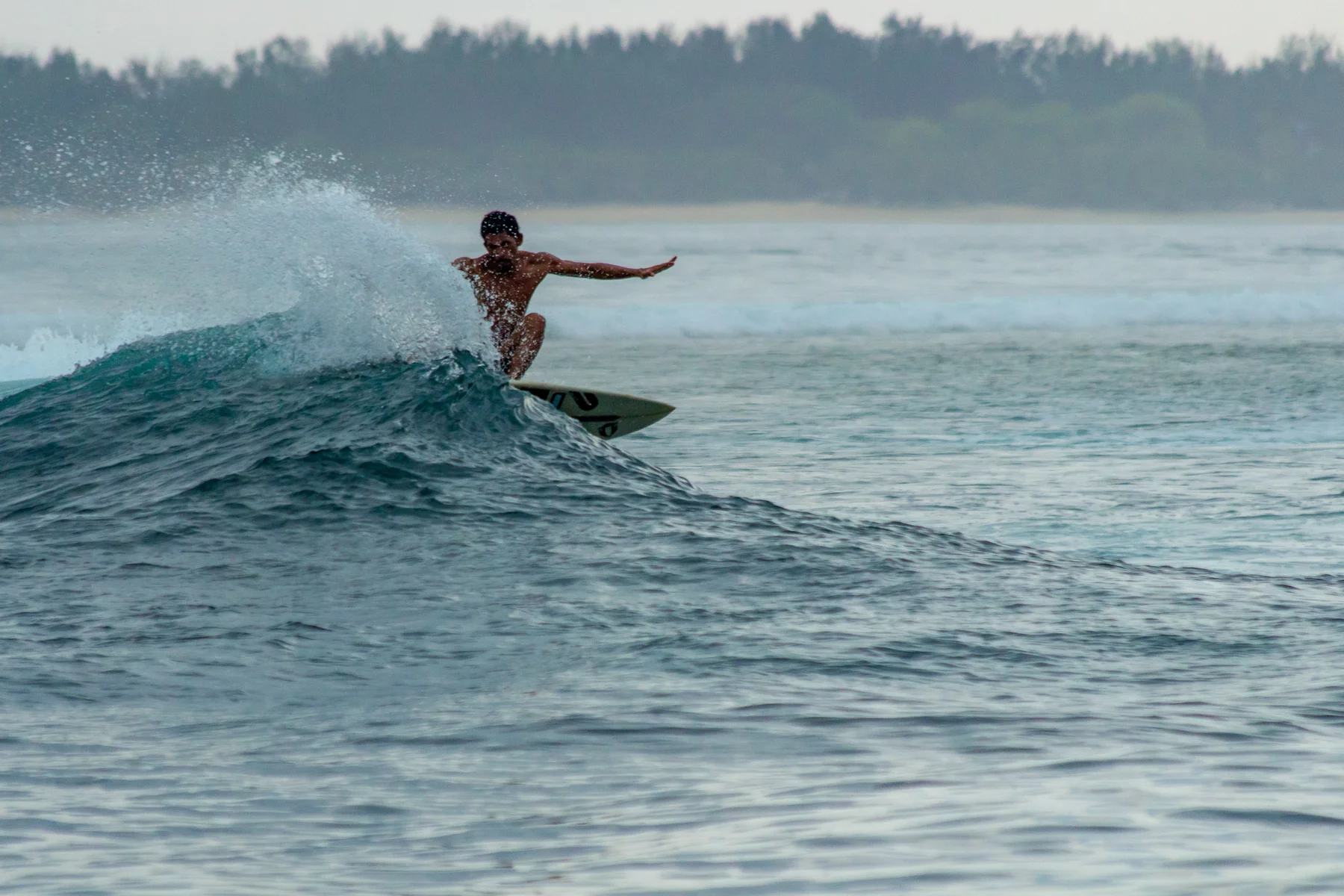
“Foreigners will have a new opportunity to own real estate in the country.”
— All of Indonesia is located on islands, and the process of buying real estate on each of them is the same. The difference is that people in Bali usually do not want to sell land, as it is more profitable for them to rent it out, including long-term leases (usually for 25–30 years with the right to extend for another 25). This type of property is called Hak Sewa (essentially a leasehold). This method is used by foreigners, and, as a rule, they notarize the lease agreement, but it is impossible to register it with the state authorities. This is what makes it different from the other forms of ownership.
This is Hak Guna Bangunan (HGB), which gives a foreigner the full right to dispose of land, build buildings on it, and own it all. The main thing is to be the owner of the Indonesian company PT PMA (its registration takes about 1.5 weeks). HGB ownership is registered with the BPN National Land Department.
Land under this method is freely transferable, saleable, and pledged as collateral in any bank. Initially, Hak Guna Bangunan is granted for 80 years (50 years + free extension for 30 years). Further extensions are possible, for which you have to pay a government fee and, most importantly, prove that your PT PMA company is still in operation (filing reports and paying normal taxes).
It is important to note that based on the ownership of the Indonesian PT PMA company, a foreigner has the right to apply for a long-term KITAS investor visa (it is similar to a residence permit) for a period of two years + an extension for 2, 5, or 10 years.
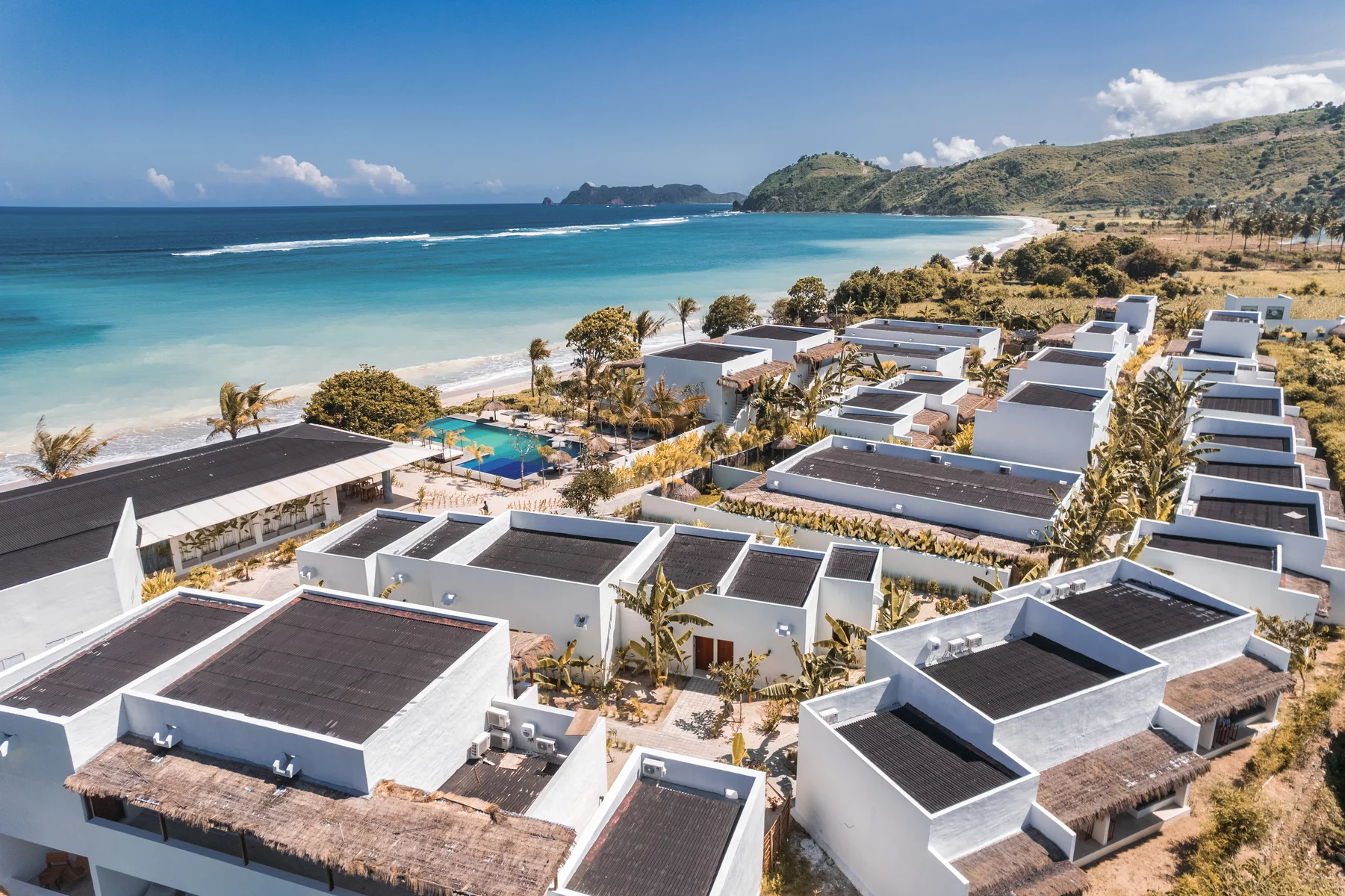
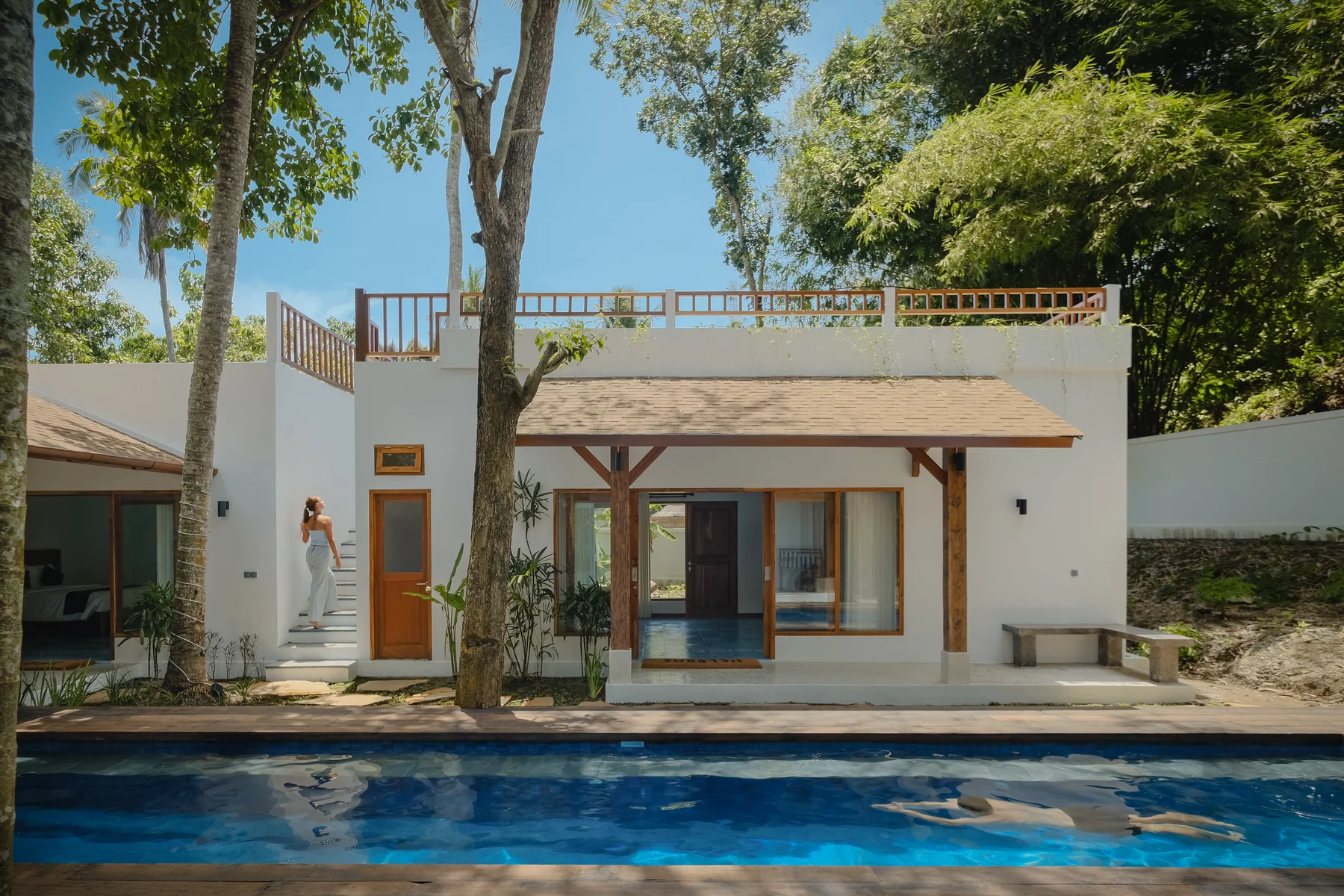
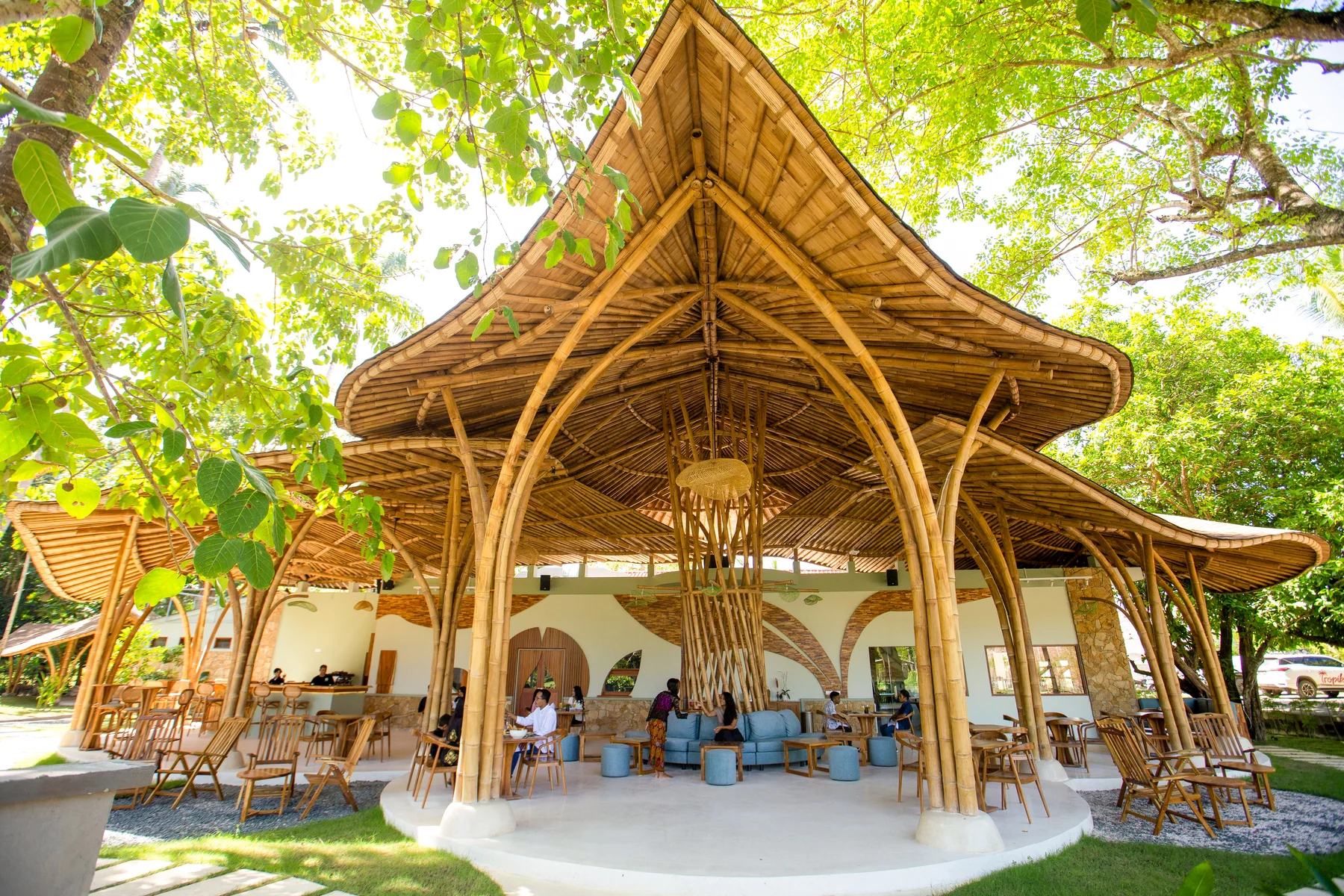
Another way of owning real estate available to foreigners is through Hak Pakai. This gives you the right to use and/or harvest the land directly owned by the government or a private individual based on an agreement with the landowner. This right is granted for a period of 25–30 years and can be extended for another 20 years. This method is rarely used, as the permanent residence of the foreigner in Indonesia is required.
The country has also recently announced a new real estate ownership option: foreigners will be able to buy and own property in Indonesia by presenting their passports with any visa. However, there will be a minimum price for such real estate, depending on the region of the country. In any case, it is too early to say anything concrete until this law is fully operational.
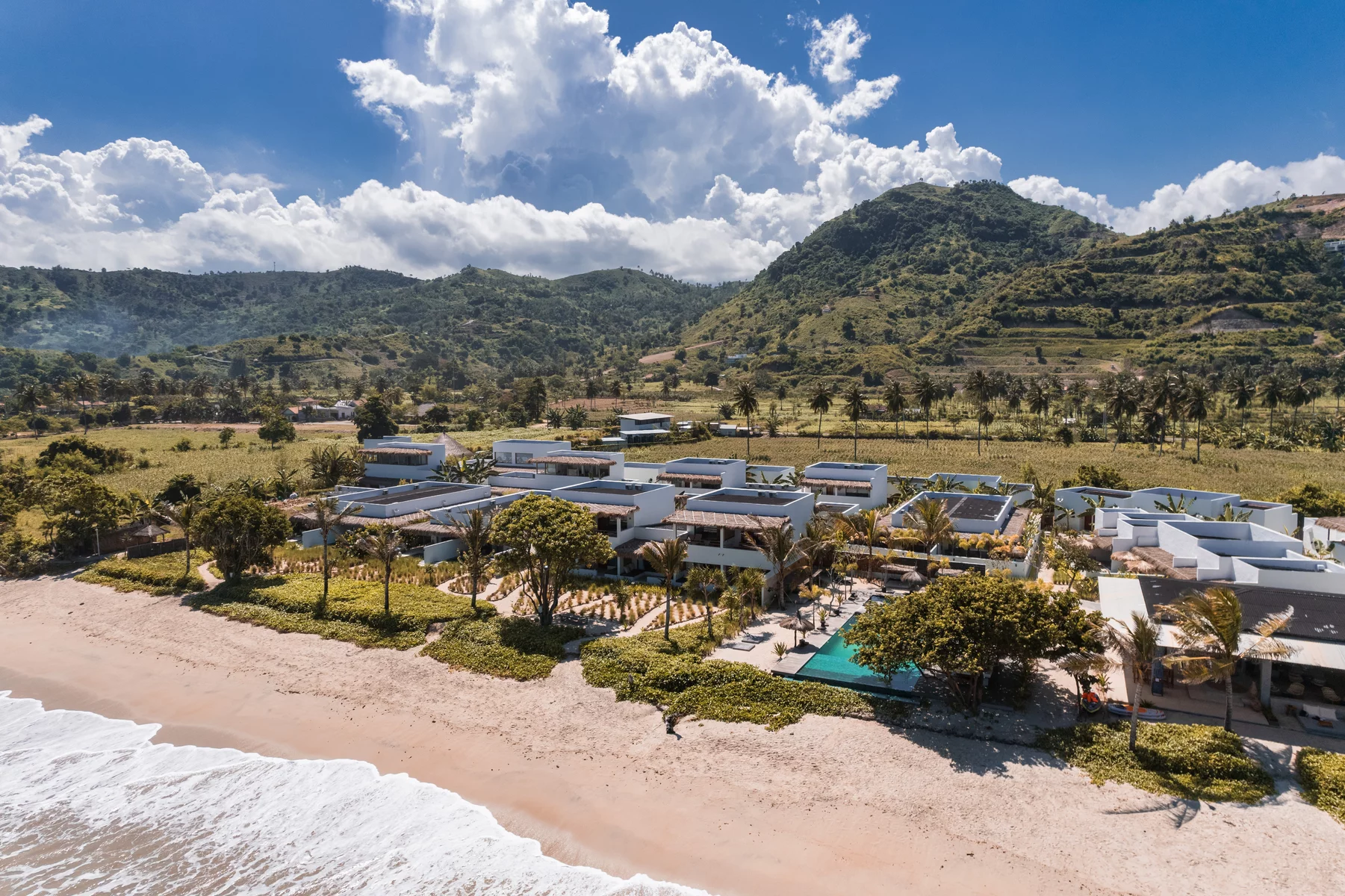
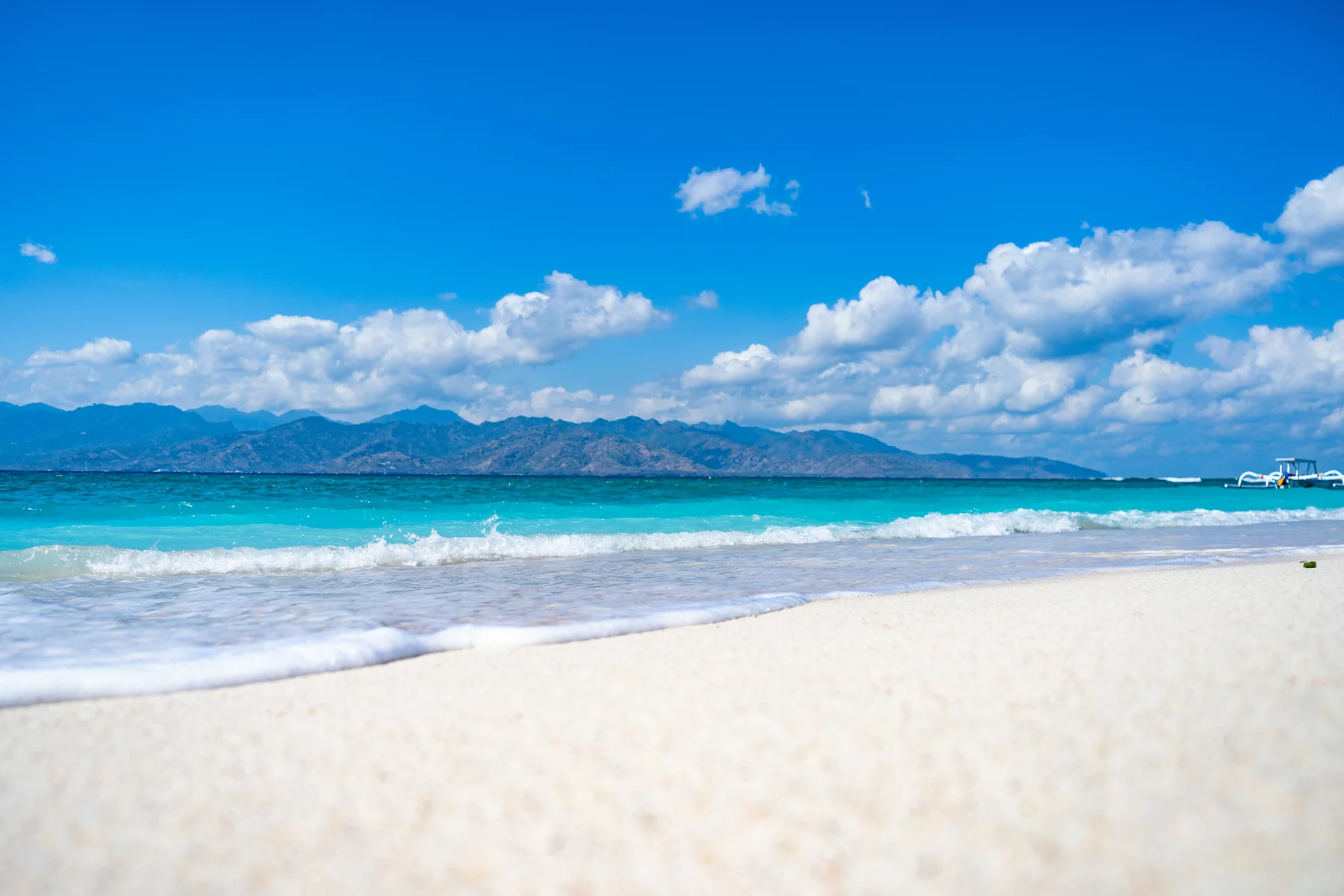
How real estate ownership is formalized and what taxes a buyer should expect
— The purchase of land is formalized with the State Notary, who sends all the data to the Regional Land Department (BPN). Upon completion of the purchase/sale process, this office issues the original Certificate of Ownership (Land Certificate) to the new owner.
Taxes and additional fees to be paid by the buyer during the transaction (as a percentage of the value of the purchased property):
— TAX Land Purchase Tax: 5%
— Notary services: 1%
— The cost of registering a title (Certificate) with the Land Department depends on the region and the size of the land plot.
— Services of a lawyer or advocate—up to 2.5%. Usually, a lawyer performs legal due diligence on the land.
Further maintenance costs consist of utility bills (if there is a building), annual property tax (paid annually at a maximum of 0.5% of the market value determined by the regional government), and, if you organize the construction of a building or villa, you will have to pay a construction tax; the amount of the latter depends on the region in which your property is located and varies between 0.1-0.2% of its value.
In the case of the sale of land and buildings, the estimated profit from the sale is subject to income tax—it will be charged to the seller at the rate of 2.5% of the market value determined by the regional government.
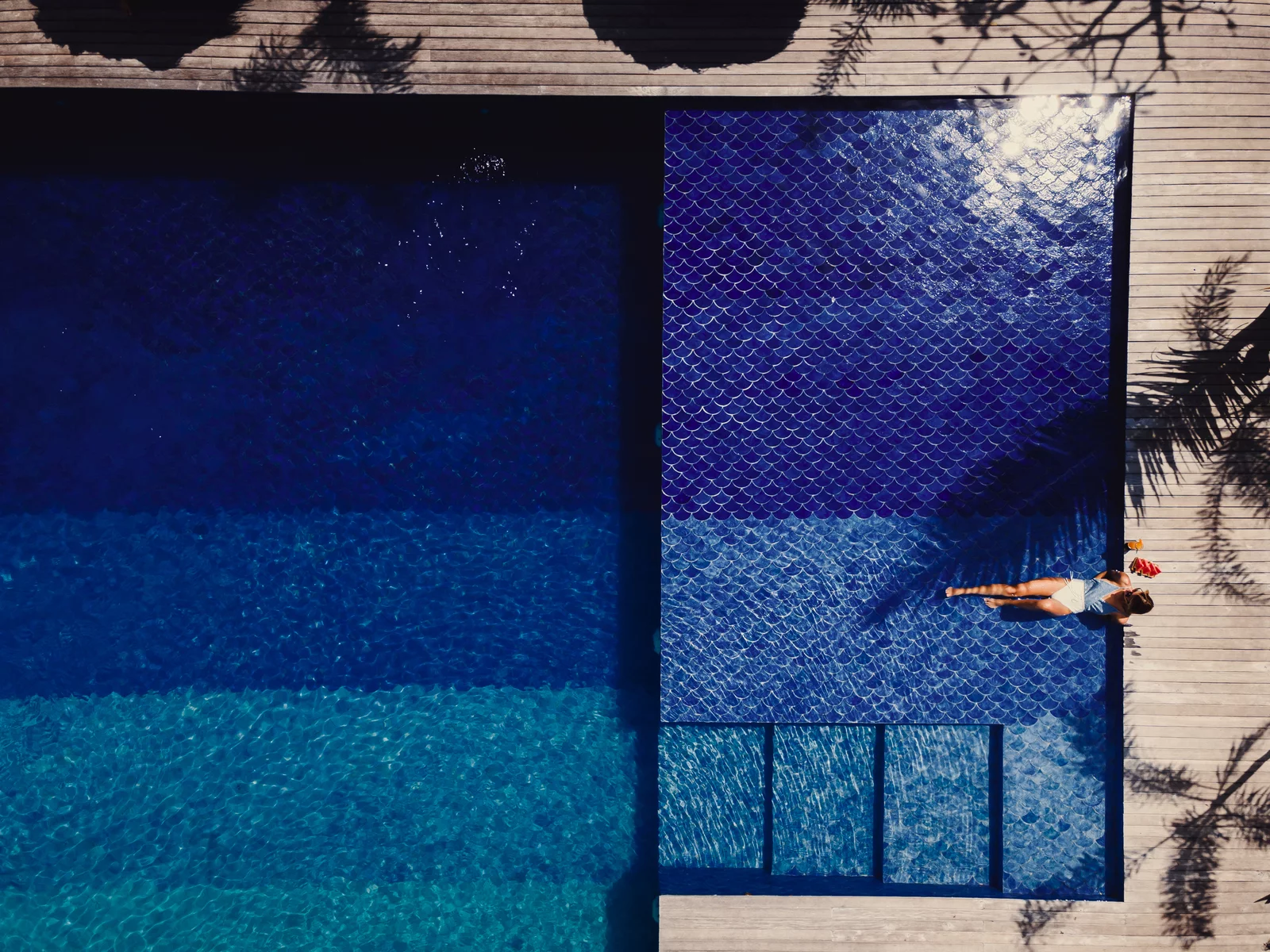
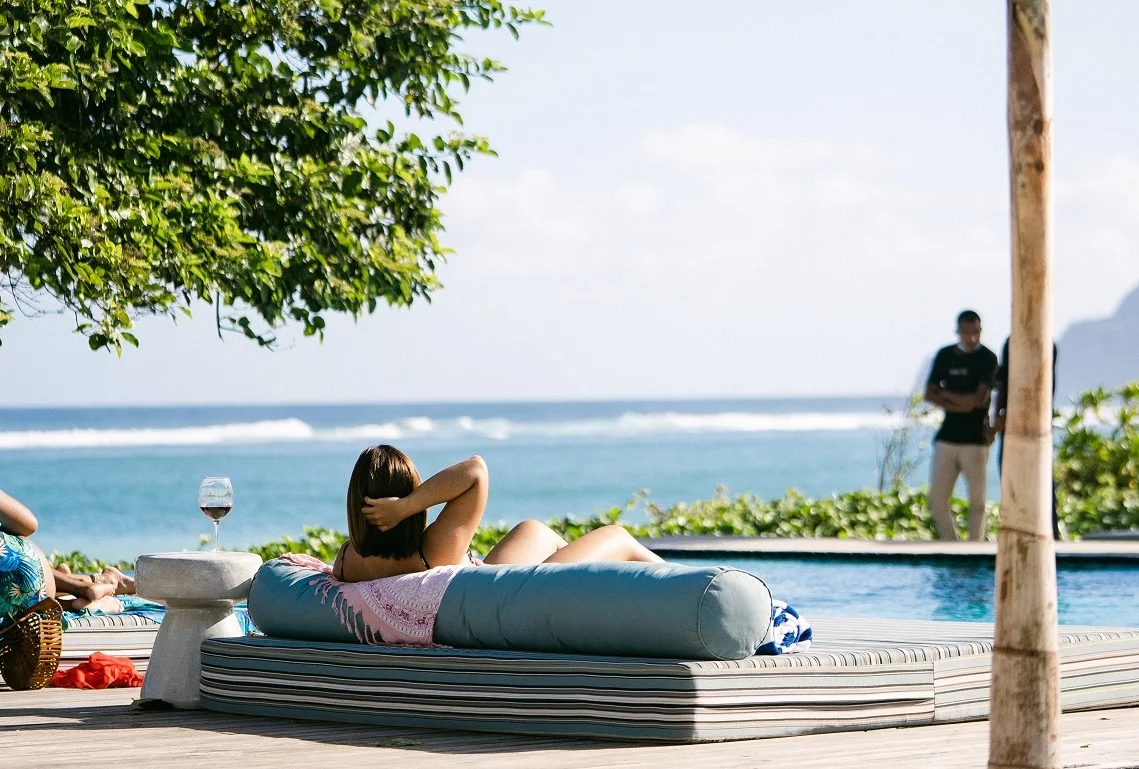
Author
I am responsible for editorial work. I write expert interviews and guides.
















